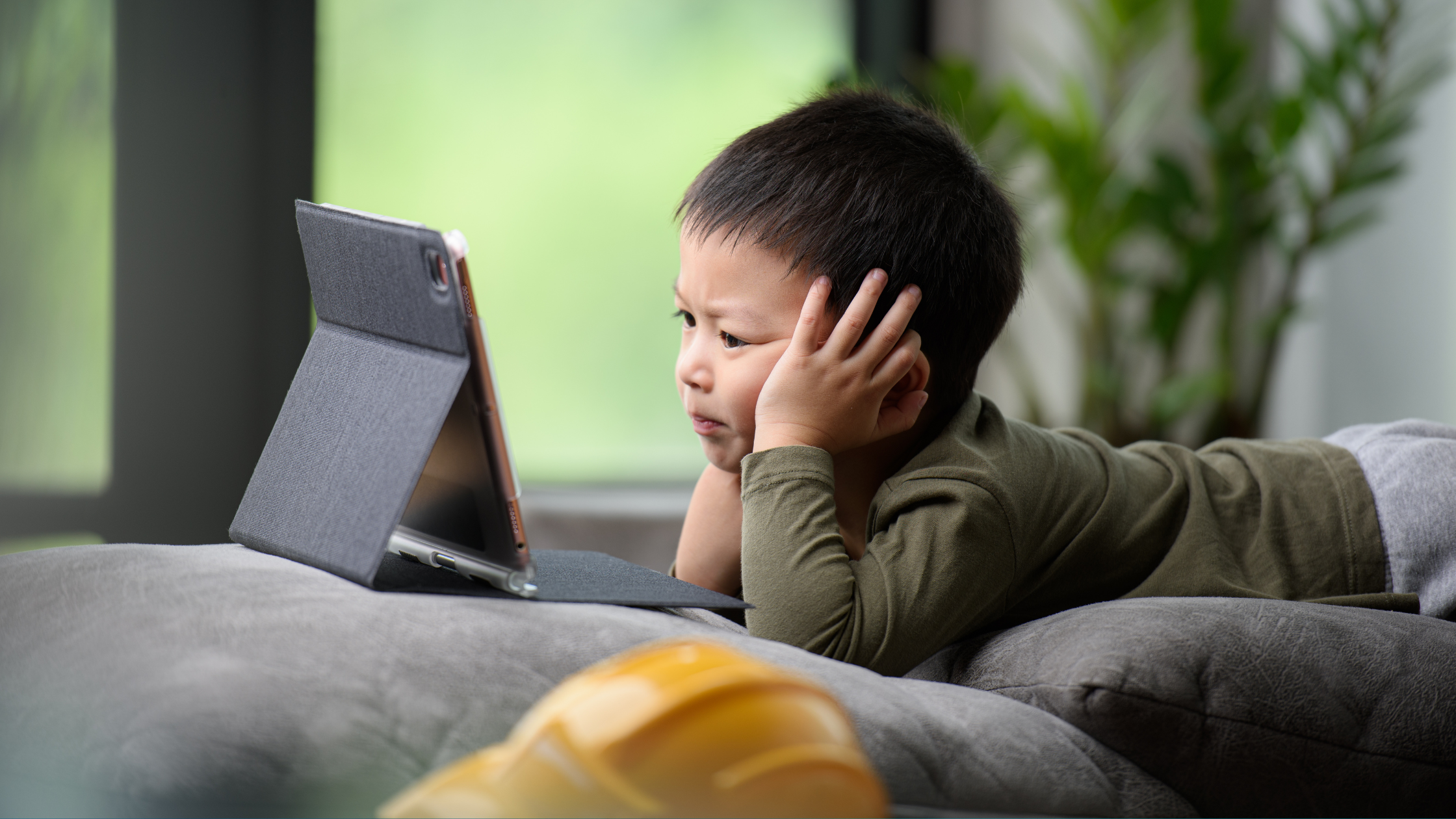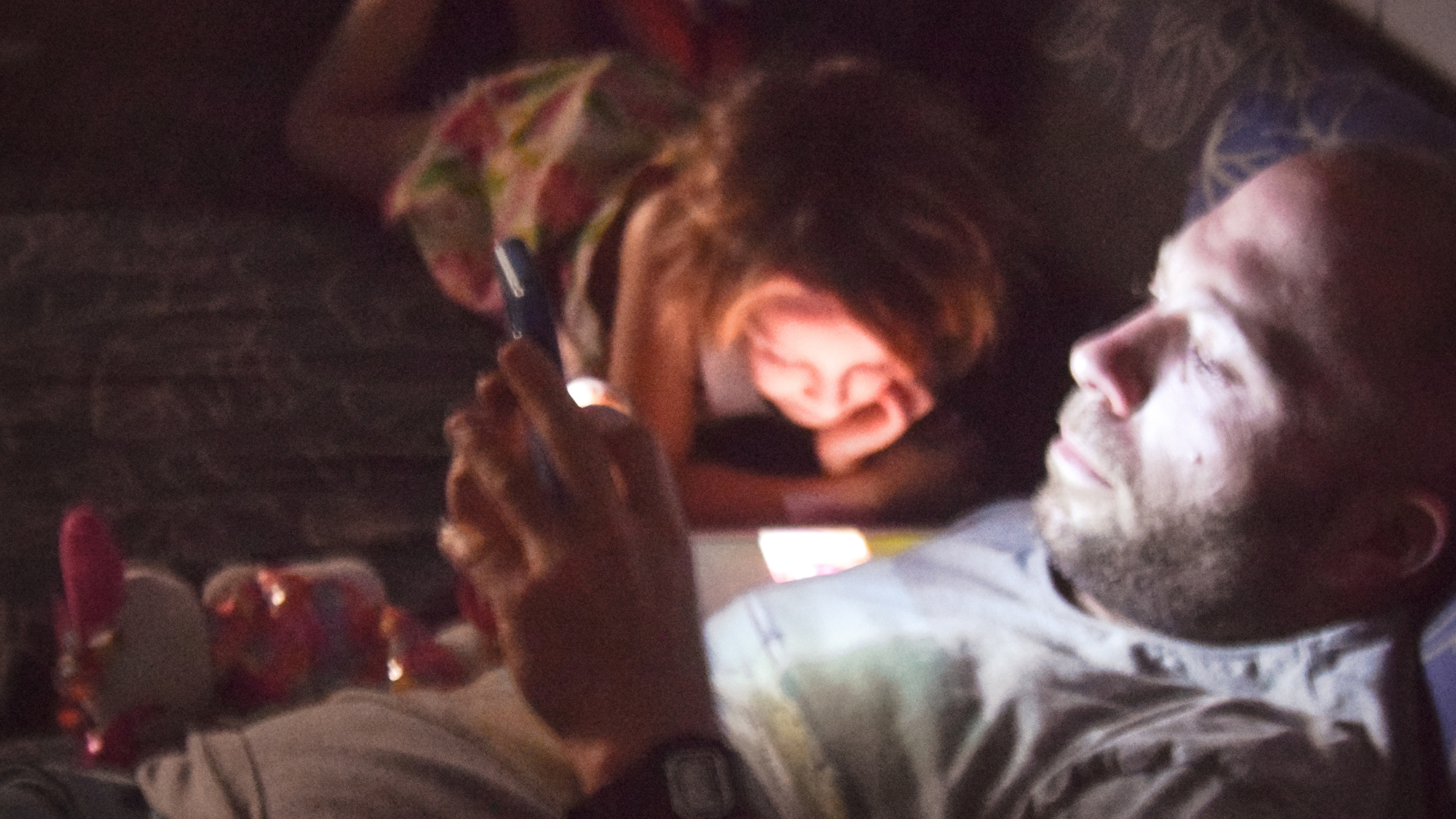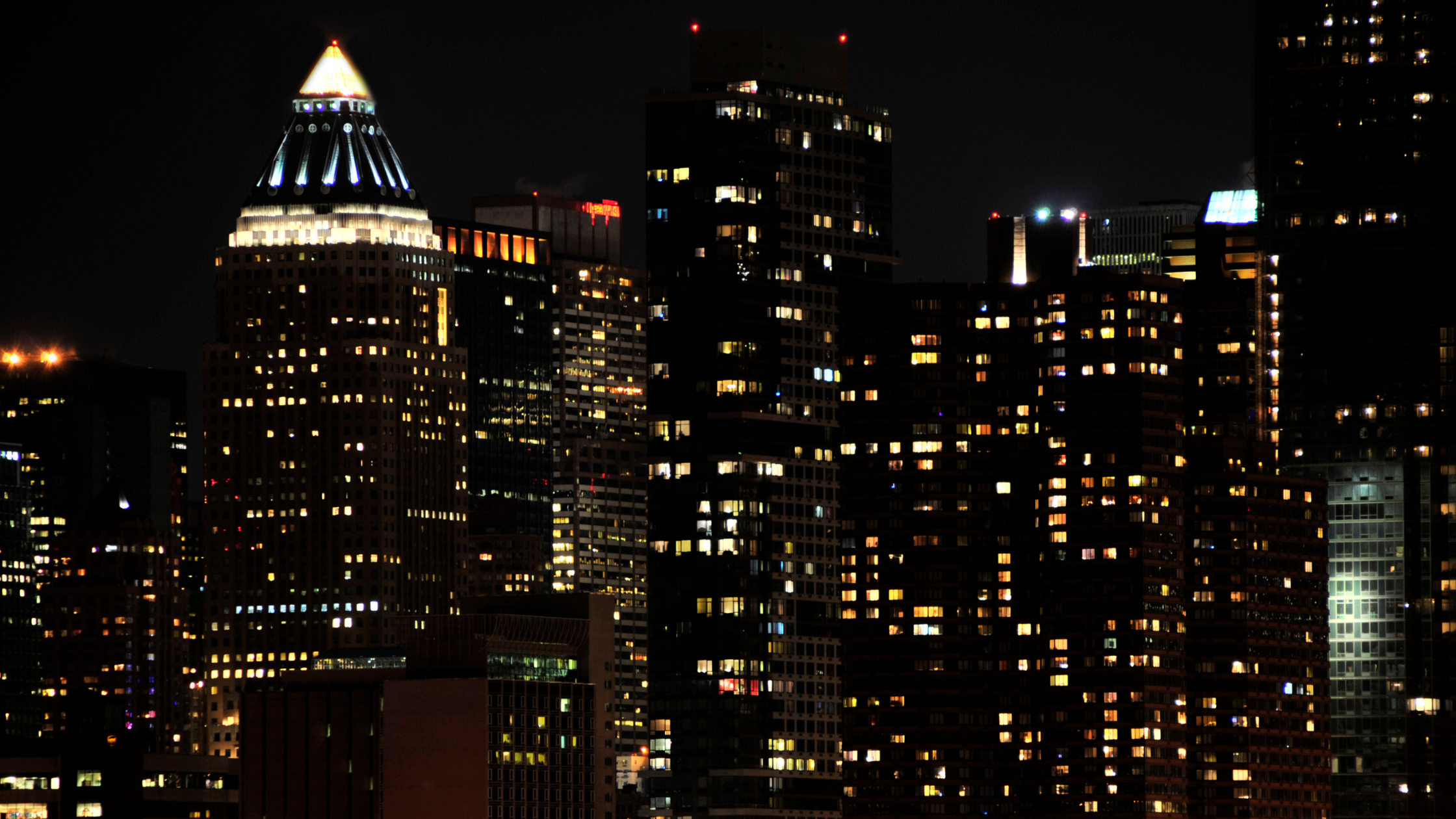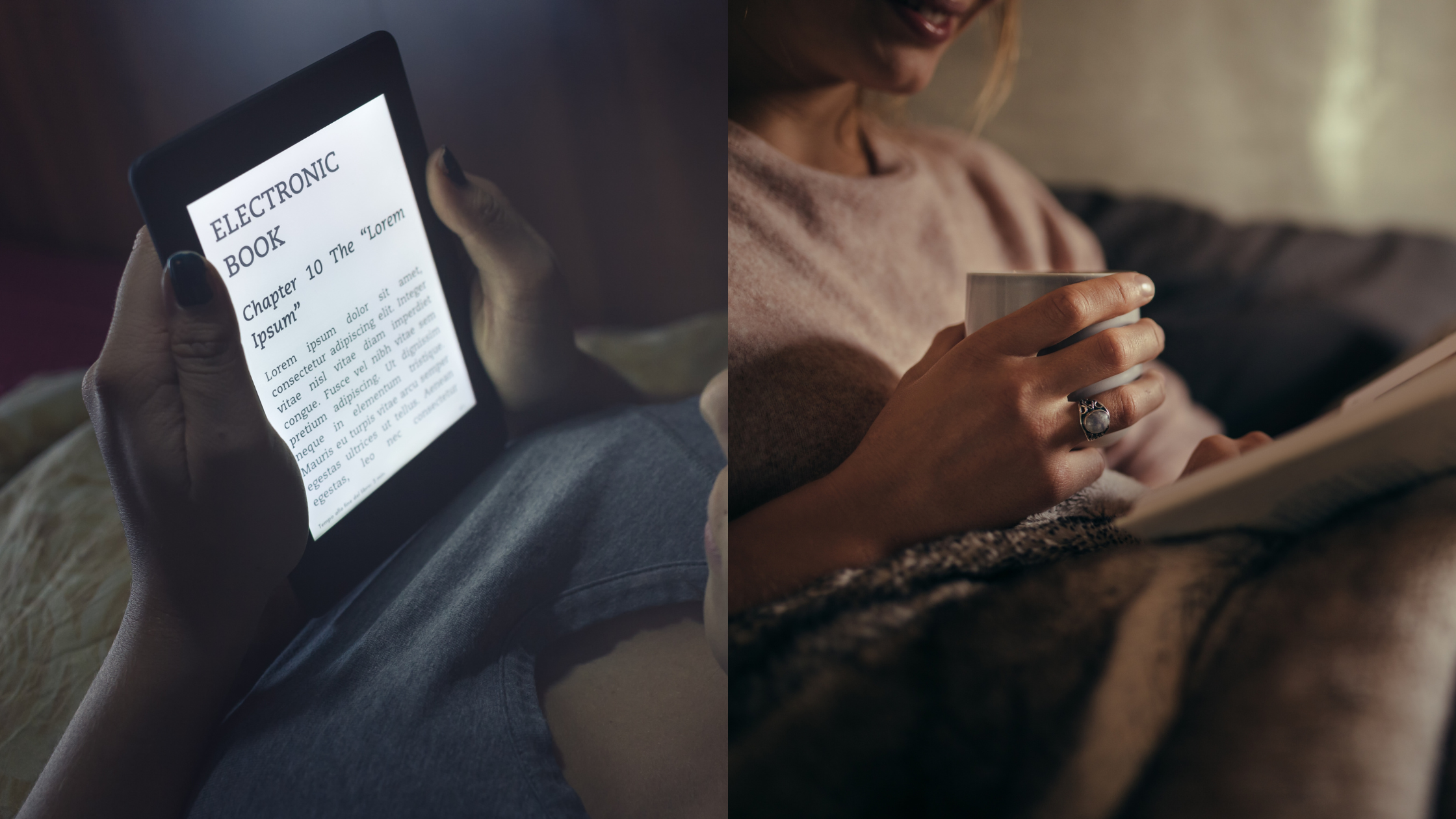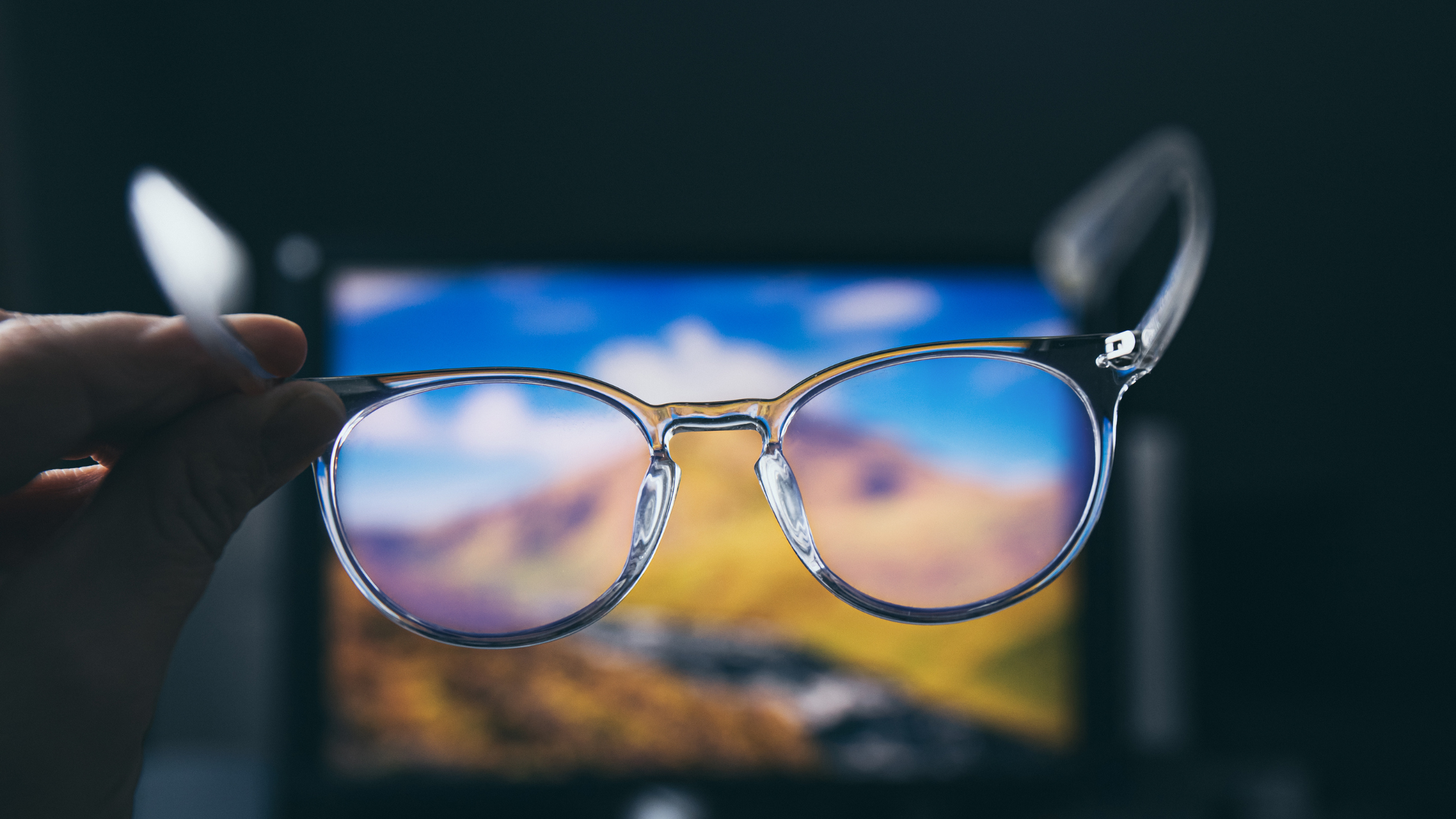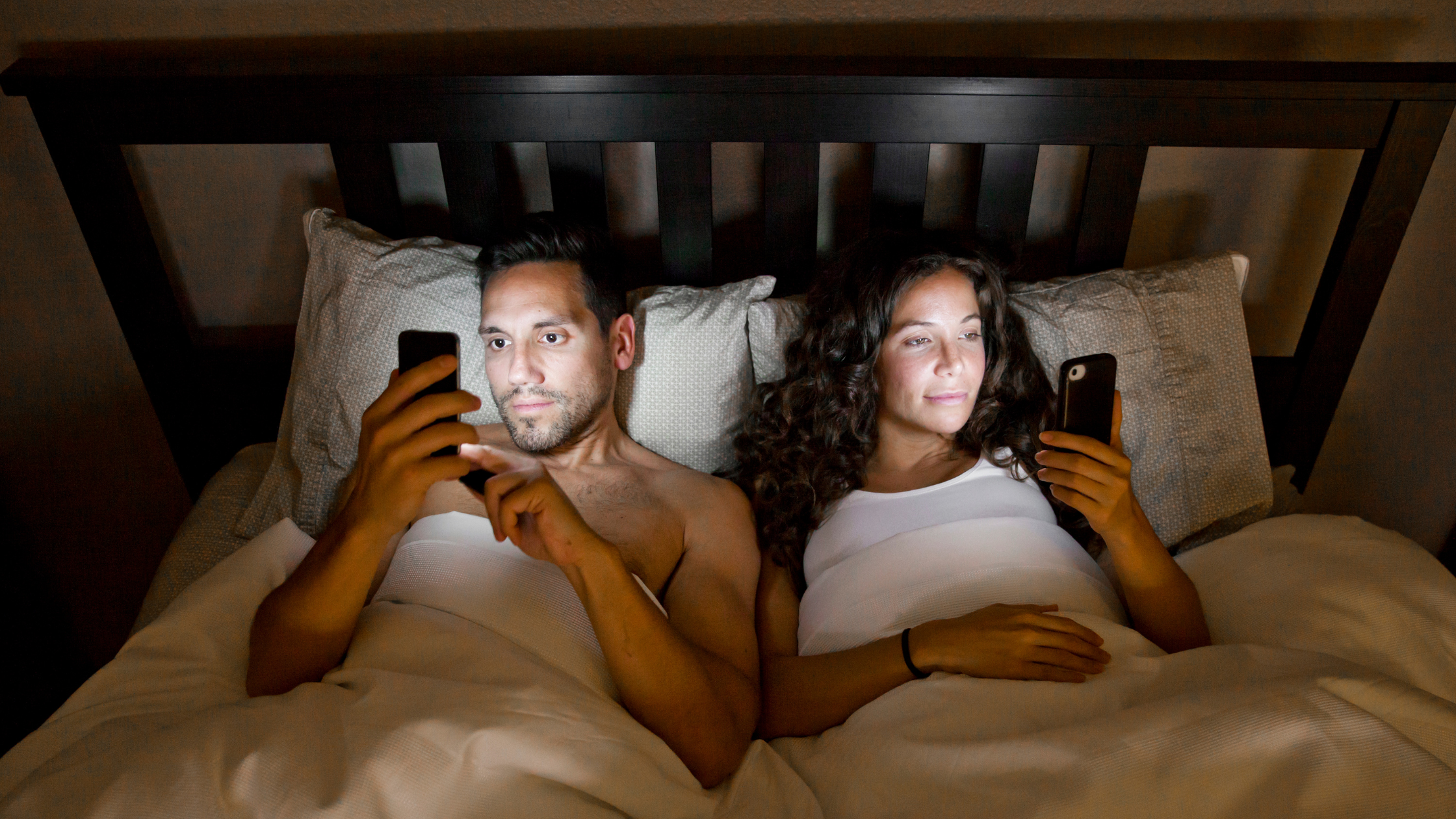In today’s digital world, screens are everywhere—phones, tablets, computers, TVs, and even classroom technology. While these tools can be educational and entertaining, parents often wonder how screen time affects children’s sleep. Research shows that too much screen exposure, especially close to bedtime, can interfere with the quality and quantity of children’s rest.

